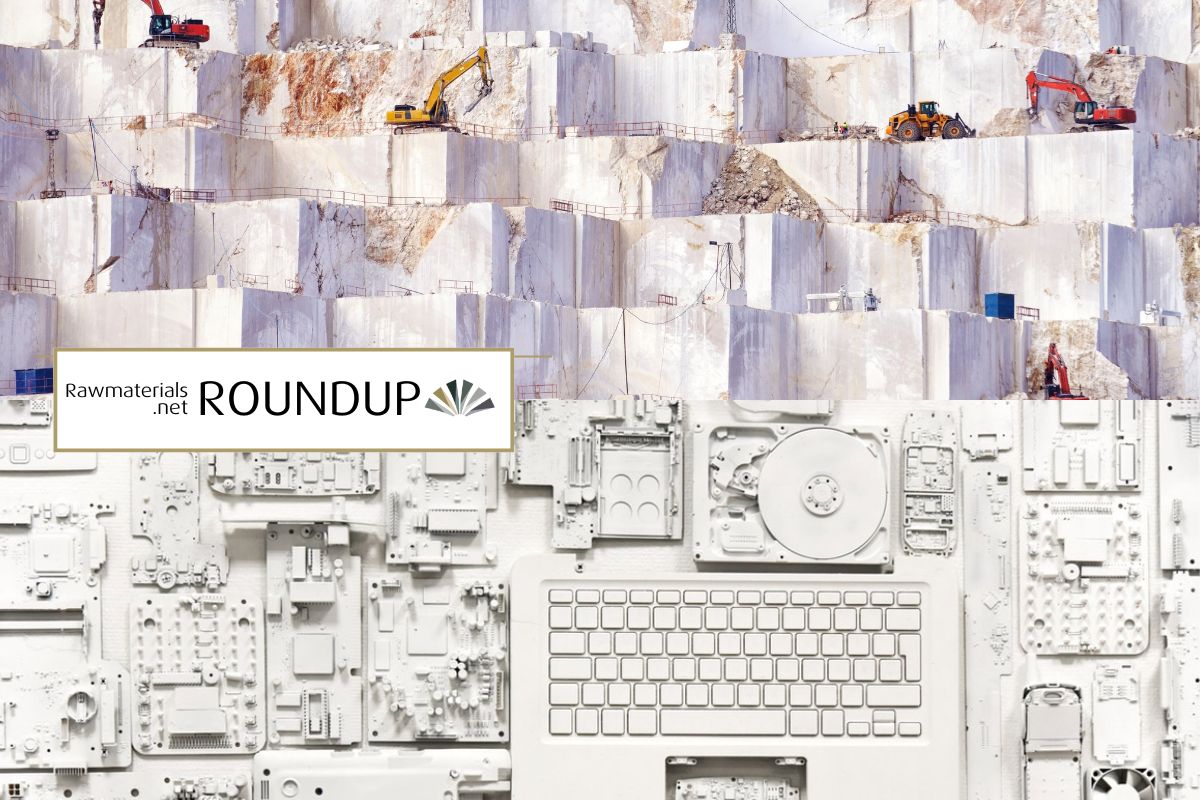The Chinese customs authorities published detailed July export data this week, showing signs of easing in critical mineral shipments. However, while volumes increased, the number of recipients of gallium, terbium, and the like continues to dwindle.
Tungsten Supply Crunch: China’s Export Cuts Rattle Global Markets
Tungsten, prized for its unmatched hardness and high melting point, is critical for everything from industrial tools to the defense sector. Yet China dominates over 80% of the global mine production, and recent export restrictions have further reduced shipments, driving prices higher. Chinese exports have been declining since 2021, causing constraints in the market.
To the article
Exports of Dysprosium and Terbium Show Slight Uptick
China is resuming exports of dysprosium and terbium. However, the number of destinations is dwindling. According to new data from Chinese customs authorities, the country shipped 1,400 kilograms of dysprosium and 7,000 kilograms of terbium in July. All dysprosium exports went to South Korea, while terbium was split almost equally between South Korea and Japan.
To the article
China: Gallium, Germanium Exports Jump in July, But Destinations Narrow
China’s gallium exports more than doubled in July, surpassing 9,000 kilograms. Germanium shipments also recovered from June’s lows but remain well below historic levels. The number of destinations, however, continues to shrink: gallium flowed only to Germany and Japan, while germanium reached the same markets plus Russia.
To the article
China Boosts Rare-Earth Magnet Exports – Germany the Leading Destination
According to Chinese customs data, exports of permanent rare-earth magnets rose sharply in July. Compared with June, shipments of these components, used in applications such as wind turbines and electric motors, increased by 75 percent. Germany was the largest destination, receiving 1,116 tons, nearly one-fifth of the total export volume.
To the article
China Tightens Control of Its Domestic Rare Earth Sector
The Chinese government has introduced a new set of regulations to strengthen oversight of its rare earth industry. The set of rules goes beyond the country’s existing quota system. It replaces an existing framework, in place since 2012, which focused mainly on mining and smelting operations. The new rules expand oversight to the entire rare earth production process, as well as imported material.
To the article

